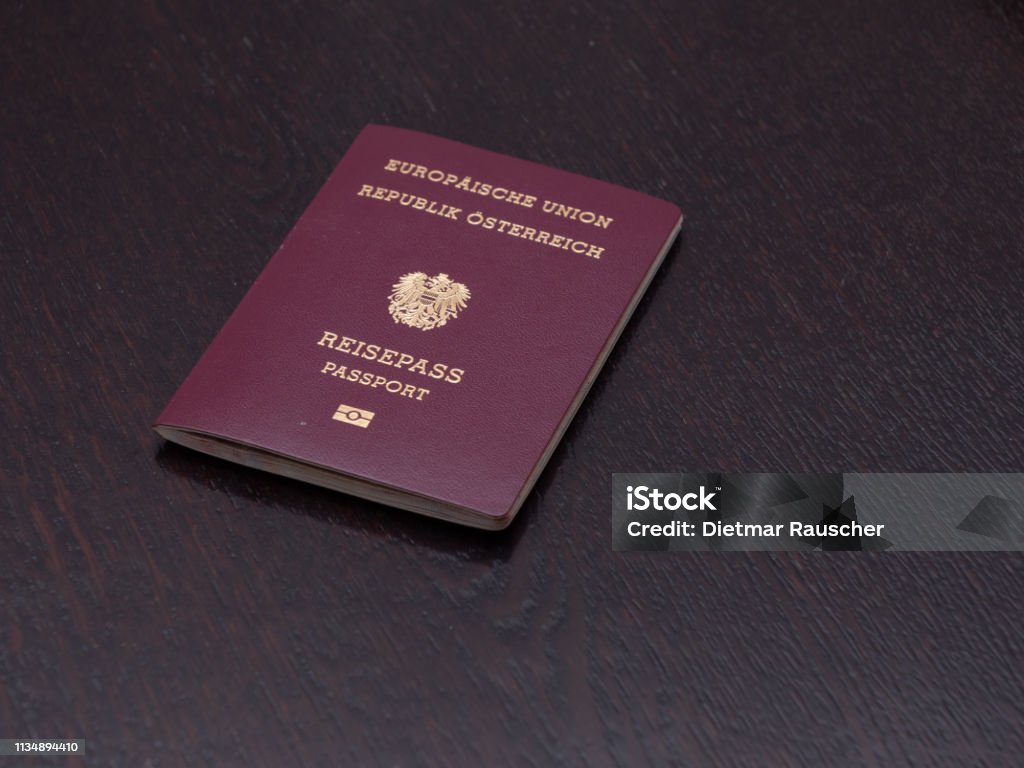If you know the tax rules, you can plan your payments and avoid any problems. You might also be interested in finding out what these taxes mean for you and how to handle them as an international.

The tax system in Belgium
Personal income tax in Belgium is very high, reaching 50% of what a person earns. But the corporate tax rates in the country are in agreement with the rates found in other European countries. According to the 2024 report, the biggest portion of revenue was earned from social security, taxes on personal income, and value-added taxes.
Taxes in Belgium are managed by the FPS Finance at the federal level, and each region looks after its taxes, such as real estate, road tax, and inheritance. Because of this, the taxes you have to pay can vary based on your location in the country.
Updates for 2025
The income tax rates in Belgium went up by more than 4% in 2025, while the tax-free allowance and extra deductions for families with children had a small increase. According to the new coalition deal, taxation changes are being proposed that will start being applied in 2026.
Who pays tax in Belgium
Taxes are paid by Belgian residents and by those who live outside the country. Everyone who lives in Belgium pays tax on their earnings worldwide, including rent and capital gains, but non-residents only need to pay taxes on what they earn in the country. Likewise, resident companies have to pay taxes on their income from abroad, but non-resident companies only pay them on what they earn in Belgium.
You become a resident for tax purposes in Belgium if you live there for at least six months and are registered with the local commune.
What are the rules around taxing expats
The tax system for expats in Belgium is the same as for Belgians, apart from your residency status. Still, if you temporarily work in Belgium as an expatriate, you might be eligible for a special taxation system and only pay tax on your local earnings, as long as you’re considered a Belgian resident.
Expat tax regime
A new set of taxes for executives and specialists was put in place in 2022. The system covers both employees and directors who are recruited overseas or assigned to work in Belgium. They are allowed to take home 30% of their income without paying tax, as long as it does not go over €90,000. If their salary is above €75,000, or if they are researchers, and meet the other requirements, they can use the regime for five years (with the chance of renewing it for three more years). The new tax rules aim to ensure transparency and make it easier for companies to employ foreign executives. You have to meet several other standards as well.
Income tax
If you are a resident and an employee in Belgium, you will have to deal with income tax. Taxes are taken from your earnings, and every individual is required to file a tax return, whatever type of employment they have. After you have subtracted social security, personal allowance, and professional costs, what’s left is subject to income tax. People who live in the country are required to pay tax on every kind of income they earn globally.
Income tax for self-employed workers
Self-employed people pay the same level of income tax as workers who are employed by others. They have to sign up with the tax office to be able to make payments.
VAT
It works for most types of goods and services. The standard rate is 21%, though rates are reduced for certain types of goods and services. Food in restaurants and social housing is taxed at a rate of 12%. A rate of 6% is the usual rate set for things like food, water, books, and medicines. You can find a 0% rate when shopping for daily and weekly titles and recycled items.
VAT for businesses
If you are running a business, you should pay attention to the impact of VAT. Companies, in most cases, need to pay VAT, meaning it is added to the cost of what they sell.
Corporate tax
If you are in charge of a company with a registered office in Belgium, you might have to pay corporate tax on your earnings. Freelancers and sole traders are required to pay income tax, no matter their arrangement with a contractor.
Property tax
Property owners are required to pay a tax every year on 1 January, depending on their ownership. The taxable amount is based on the expected rent in a year (Dutch: The kadastraal inkomen. (Also known as revenue cadastral) is assigned to a property by the local authorities. The amount of tax you will pay is based on the commune and the region.
Inheritance tax
You have to pay inheritance tax on the assets of a person who was settled in Belgium or had property in the country if they died, regardless of where they lived.
Tax fines and penalties
Failure to submit your tax return on time or pay what you owe on time as an individual can lead to a penalty. It all depends on when the tax is due and whether you are seen as intentionally avoiding taxes. The penalties for missing deadlines are between €50 and €1,250, along with an extra 10% tax and 200% of what is due. If a company does not file its returns or pay its taxes, it can be fined for tax evasion. Again, these surcharges can go up to 200%, and they could be subject to legal penalties. The amount of the fine is set according to the company’s profits, number of workers, and the industry it belongs to.
You may also find these articles helpful
Frequently Asked Questions on Belgium
Belgium immigration quotas and caps – what you need to know


